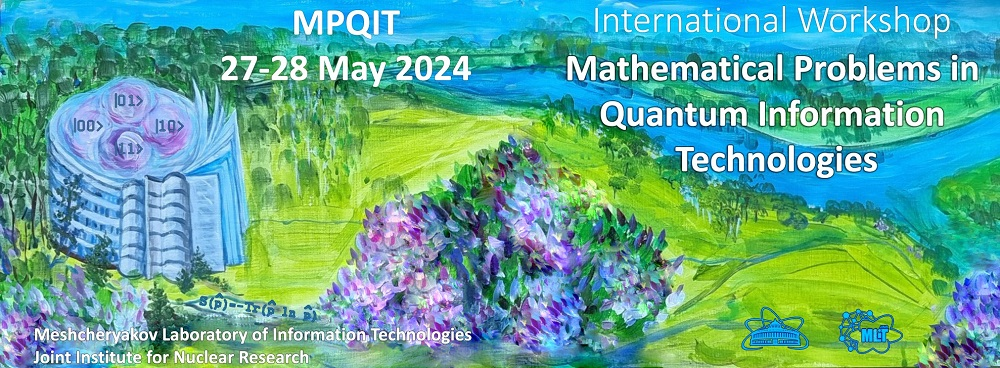Speaker
Description
Usually the Markovian dynamics of an open quantum system arises in the Bogolubov-van Hove limit, which assumes the small coupling between the open system and its environment and appropriately long time-scale. For some specific physical models, namely, generalized spin-boson models in the rotating wave approximation, we show that under some natural conditions on so-called reservoir correlation functions the similar thing is true in all the orders of Bogolubov-van Hove perturbation theory. Markovian dynamics in the quantum case is typically defined as validity of the Gorini-Kossakowski-Sudarshan-Lindblad (GKSL) master equation for the density matrix and regression formulae for multi-time correlations functions. We show that the GKSL equation is valid in all the orders of Bogolubov-van Hove perturbation theory. But to reproduce the right asymptotic precision at long times, one should use an initial condition different from the one for exact dynamics. Moreover, we show that the initial condition for this master equation even fails to be physical. It particular, it may have negative populations. The regression formulae are not valid exactly, but should be renormalized in the similar manner as the initial condition. We call such a dynamics long-time Markovian one, because strictly speaking it is not Markovian, but all the non-Markovianity could be taken into account by such renormalization due-to non-Markovian dynamics in an initial layer, which is small with respect to the long time-scale separated by Bogolubov-van Hove scaling.

